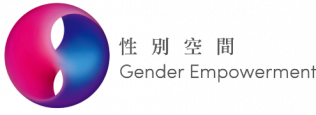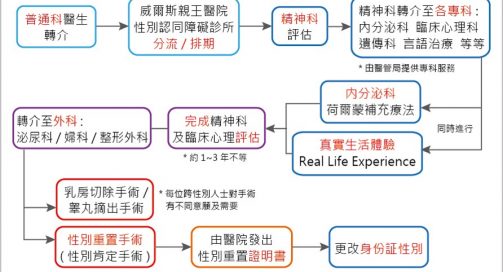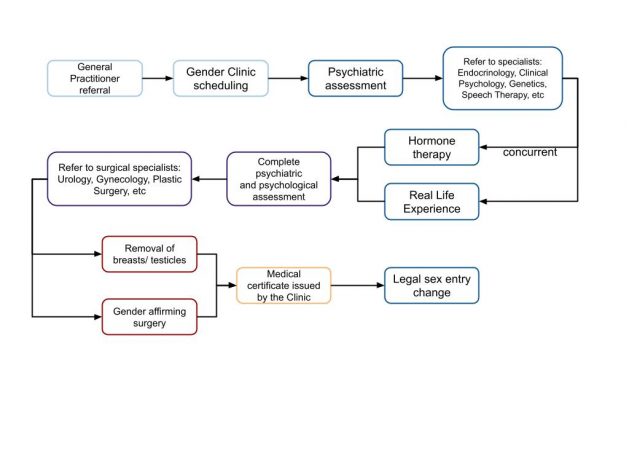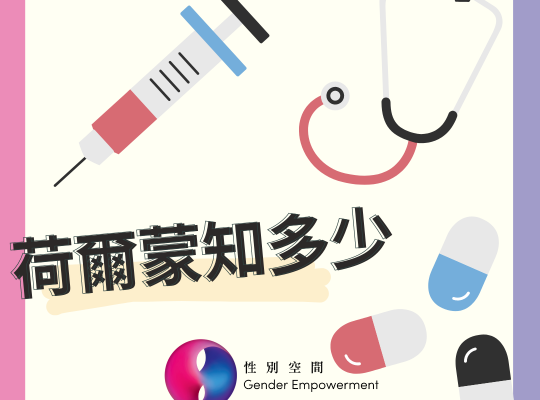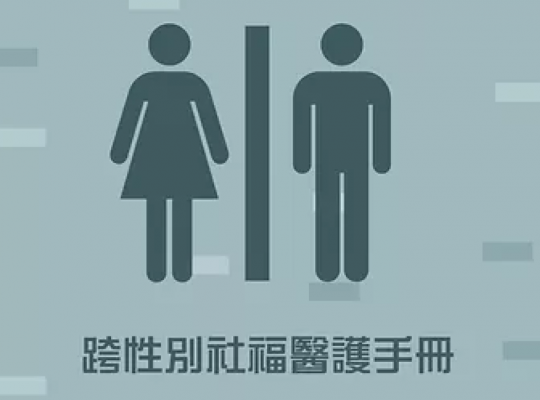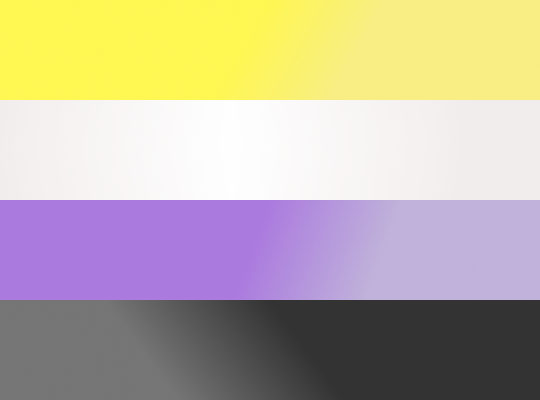跨性別現身日 之 快問快答
Quick guide to Transgender Day of Visibility (TDoV)
美國密西根洲的Rachel Crandall於2009年3月31日成立國際跨性別現身日 (International Transgender Day of Visibility, TDoV),致意慶祝跨性別者及她/他/大也們對社會的貢獻,並提升針對跨性別者歧視行為的關注度。
International Transgender Day of Visibility (TDoV) was founded in March 31st 2009 by US-based activists Rachel Crandall, TDoV dedicates in acknowledging and celebrating living members of the transgender community, as well as raising awareness of discrimination against transgender people.
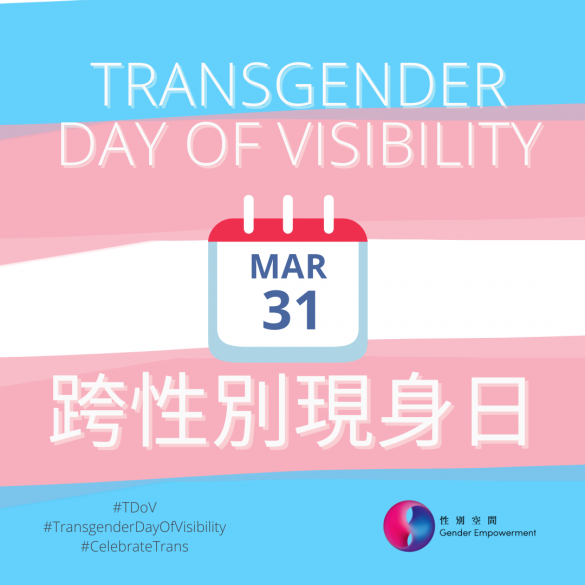

問:幾時?
答:每年的3月31日!
Q:When?
A:March 31st every year!

問:邊度?
答:全球!不同國家在線上線下都有各種的慶祝活動,例如巡遊和社交媒體分享。
Q:Where?
A:Everywhere! TDoV is widely commemorated in various countries, through means such as parades and online social media campaigns.

問:邊個?
答:當然TDoV就是要慶祝跨性別人士,另外亦十分需要身邊的親友和公眾的參與!
Q:Who?
A:Obviously TDoV is about the transgender community; but we also need the support from allies and general public!

問:點解?
答:在TDoV成立前,較廣為人知、以跨性別人士為主的紀念日子只有跨性別追悼日 (Transgender Day of Remembrance, TDoR) – TDoR由1999年11月20日開始,紀念及追悼因歧視或仇恨而被殺害的跨性別人士。當時的社會需要一個TDoR以外的紀念日,用意在卡認同和慶祝在世的跨性別人士。除了追悼已逝去的跨性別朋友們外,我們亦應慶祝努力地、默默地、驕傲地生活著的跨性別者。
Q:Why?
A:Frustration arose as the only transgender-centered day was the Transgender Day of Remembrance (TDoR), founded in November 20th 1999, mounted in mourning the lost trans lives due to discrimination and hate crime. The lack of acknowledgment and celebration of the living members of the transgender community become more and more prominent. We should mourn the lives we’ve lost, but also celebrate the living.
怎樣才是「現身」? 被看見又有多重要?
What is visibility? Why is visibility important?
所謂「現身」並不是純粹關注在光鮮亮麗的外表或成就;媒體上看到的「美麗篇章」或者「成功例子」,如:第一位跨性別洲際⼩姐、第一位跨性別副總理等等… 這些都是十分值得慶祝的故事,但在褪下光環後,更值得我們關注的是跨性別人士的需要、以及她/他/大也們會面對的偏見或歧視。 要了解跨性別人士的需要,你可以由最基本的三個方面入手,分別是:性別認同、性別過渡、和性別承認。
Visibility comes in many forms – not only the glory, accomplishments, and proudness shining on the outside; but also the needs, access to resources, and stigma hiding behind the curtains. To really get to know more about transgender persons, you can start with: Gender Identity, Gender Transition, and Gender recognition.
性別認同
Gender Identity
性別認同是⾃⾝⼼理對⾃⼰性別的意識。個⼈根據對⾃⼰的認識﹐從⽽產⽣對任何⼀個性別的共鳴。
Your psychological sense of self. Who you, in your head, know yourself to be, based on how much you align (or don’t align) with what you understand to be the options for gender.
性別過渡
Gender Transition
指跨性別⼈⼠以其認同的性別⾝份去⽣活的⼀個重要過程。當中涉及很多改變和適應,並可以分為三個層⾯去理解:社交過渡、⾝體過渡和法定性別更改。
Gender transition is the process transgender persons go through to live a gender role that is more aligned with their identified gender, which differs from their assigned sex. It involves a lot of changes and adaptation, and can be divided into three major aspects – social transition, physical transition and legal transition.
性別承認
Gender Recognition
跨性別⼈⼠的性別認同能得到法律的承認和相關保障,並顯⽰在法定的⾝份證明⽂件上,例如⾝份證和護照。按照現時⾹港的相關指引,跨性別⼈⼠必須完成特定⼿術,才能更改⾝份證上的(⼆元)性別,但卻不代表她∕他能因此⽽獲得法律上的全⾯肯定和保障。
Transgender persons’ gender identity can be recognized and protected by the law, and be displayed on statutory identification documents such as ID cards and passports. According to current guidelines in Hong Kong, a transgender person must complete certain surgery in order to change the legal (binary) gender on the HKID card. Yet, this does not automatically grant them a comprehensive legal affirmation and protection.
你都可以出一分力!
Get involved!
在社交媒體上用#tdov分享你的故事
Use hashtag #tdov
將這篇文章分享出去,讓更多人了解跨性別議題
Share this post, Spread the word

